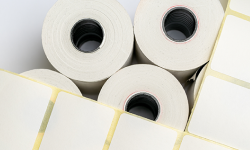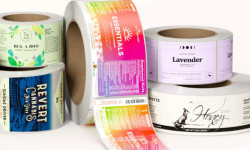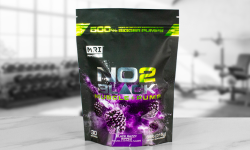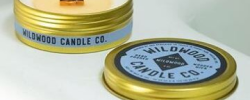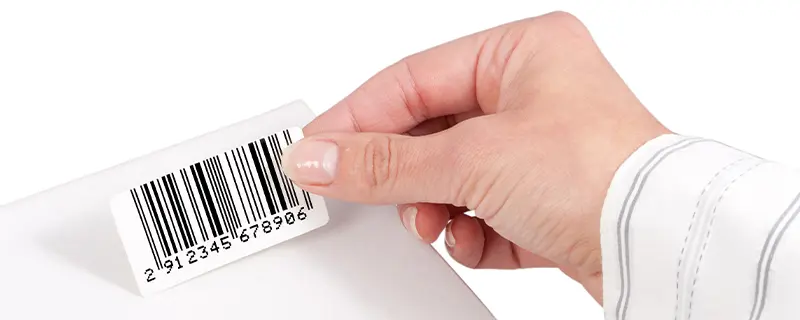Labeling bath and body products as gluten-free is not legally required, but it can help brands appeal to customers with celiac disease or gluten sensitivity. While gluten cannot be absorbed through the skin, some consumers actively look for gluten-free shampoo labels and skincare products due to allergies, sensitivities, or personal preferences.
If your products are gluten-free, adding this label could be a marketing advantage—but it’s important to understand the regulations, benefits, and potential risks.

Do Bath & Body Products Need Gluten-Free Labels?
There is no FDA requirement for labeling bath and body products as gluten-free. The FDA's gluten-free labeling regulations apply only to food, not cosmetics or personal care items. However, many brands choose to include gluten-free claims to attract health-conscious buyers and those with severe gluten intolerances.
Even though gluten cannot penetrate the skin, some consumers prefer gluten-free shampoos, lotions, and lip balms to avoid accidental ingestion, especially for products used near the mouth.
